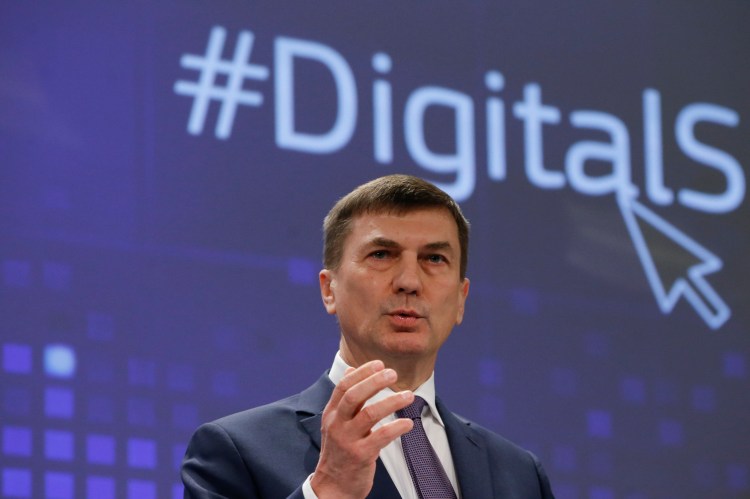Despite serving as Europe’s capital, the Belgian city of Brussels expects to miss the continent’s planned 2020 rollout of 5G due to overly strict radiation rules, according to new reports this week. The reports come months after Europe attempted to position itself as the “global lead market for 5G,” and hint at the regional regulatory issues still faced by the European Union as it attempts to adopt major new technologies.
Working under the 5G Action Plan for a Digital Single Market, the European Commission has asked each member state to specify one city to be 5G-ready by 2020, so that by 2025 every European household will have access to at least 100Mbps downloads and every urban area, major road, and railway will have uninterrupted 5G coverage. While Brussels would normally be Belgium’s top choice, the city’s radiation standards are more restrictive than in neighboring cities, and 50 times stricter than international standards set by the World Health Organization.
As a result of the radiation caps, carriers have been able to offer only weak connections and poor network capacity in Brussels. And ironically, despite their potential for protecting the public from radiation, the strict standards have been blamed for creating hazards of their own, such as the collapse of Brussels’ mobile phone network during 2016 terror attacks. The regional government later decided to relax the radiation restrictions, but only during times of crisis.
Whether Brussels can change its regulations in time to hit the 2020 milestone is unclear. “Rolling out 4G already was problematic in Brussels,” noted a spokesperson for Alexander De Croo, Belgium’s Minister of Telecom. “We don’t want this to happen a second time as this would have severe economic consequences.” De Croo is working to advance the issue with three regional governments, explaining that “Brussels cannot miss any chances and has to be one of the first European cities with 5G.”
June 5th: The AI Audit in NYC
Join us next week in NYC to engage with top executive leaders, delving into strategies for auditing AI models to ensure fairness, optimal performance, and ethical compliance across diverse organizations. Secure your attendance for this exclusive invite-only event.
It’s unclear whether strict radiation standards will be viewed as wise or short-sighted decades from now. Each generation of telecommunications growth has been met by questions over potential biological damage from wireless emissions, though numerous studies have claimed that radio waves — the core of cellular technology — are a safe, non-ionizing form of radiation. Unlike X-rays and cosmic rays, which are known to increase the risk of cancer, radio waves are generally believed to cause no short-term and almost no mid-term health effects, though their long-term effects are unknown.
Regardless of the scientific research, cell phones have been blamed for causing certain cancers, leading U.S. states including California to consider their health risks, reconsider public health guidelines, and leave control over new cell towers in the hands of cities and counties. Further debates are likely as 5G begins to roll out across the world.

